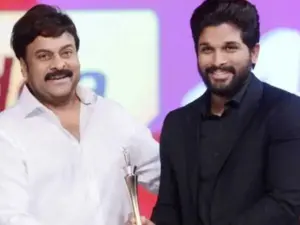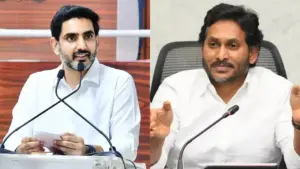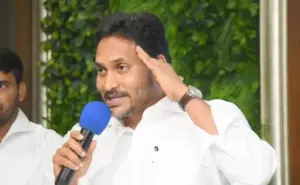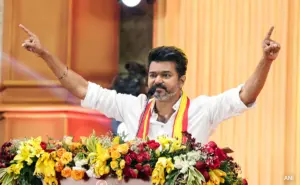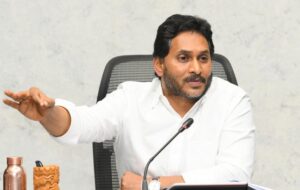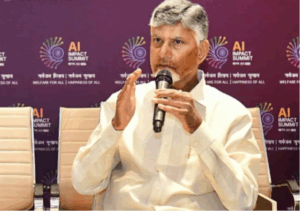Watch See Mahesh Babu Reaction After Seeing Naresh And Pavitra Lokesh | Super Star Krishna
Recent Random Post:
Dil Raju’s Strategic Comeback After Setbacks

Tollywood producer Dil Raju has once again proved why he is considered one of the most resilient figures in the industry. Known for his sharp instincts and calm mindset, he understands how to navigate setbacks and bounce back stronger.
The past year was undoubtedly challenging for him. While Sankranthiki Vastunnam brought in decent returns, the losses from big ventures like Game Changer and other projects reportedly ran into hundreds of crores, far outweighing the gains. For many, such setbacks would have triggered panic. But not for Dil Raju.
Instead of continuing with high-risk, big-budget investments, he appears to have recalibrated his strategy. Rather than putting massive sums into a single project, he has shifted towards controlled and calculated moves. Acquiring distribution rights for films like Gaya Padda Simham, directed by Tarun Bhascker, and Biker starring Sharwanand, reflects this renewed “slow and steady wins the race” approach.
Observers have also noticed a visible shift in his public demeanor. His speeches are now shorter, sharper, and more measured. He speaks with clarity and authenticity, avoiding unnecessary controversy. Recently, he remarked that producers today operate under the command of star heroes — a bold yet realistic statement. By refraining from naming individuals, he managed to express a hard truth without igniting backlash.
Interestingly, his evolving approach goes beyond film investments. He is also working on strengthening ties between the Telugu film industry and the Telangana state government, leveraging his rapport with the administration. This strategic networking could play a significant role in shaping the industry’s future ecosystem.
Whether this recalibrated path yields long-term rewards remains to be seen. However, with calculated risks, diplomatic communication, and strategic positioning, Dil Raju certainly appears to be steering himself — and perhaps a section of the industry — in the right direction.




